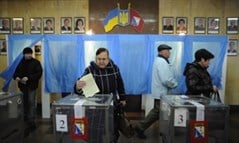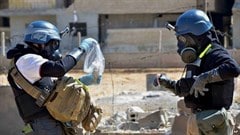The standard mainstream narrative of the war in Syria is that President Bashar al-Assad’s opponents only took up arms after his regime cracked down brutally on peaceful protesters in March 2011. The New York Times, for example, in a piece this week on ISIS reminds...




